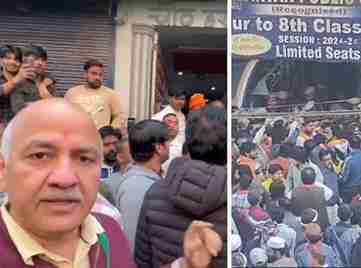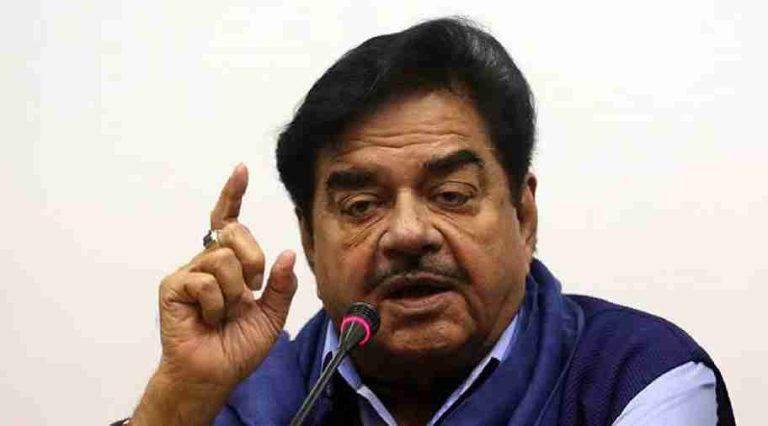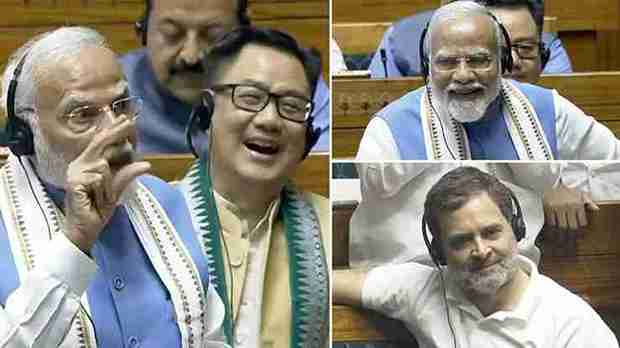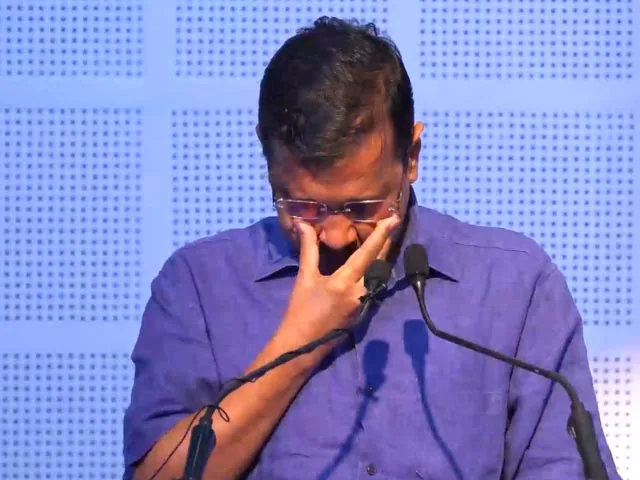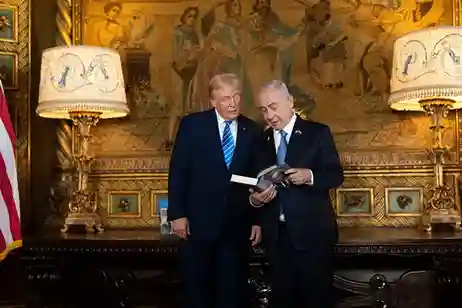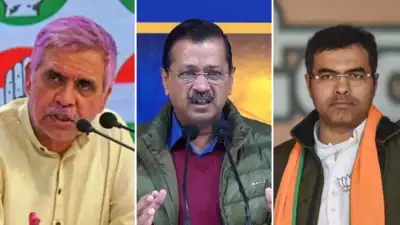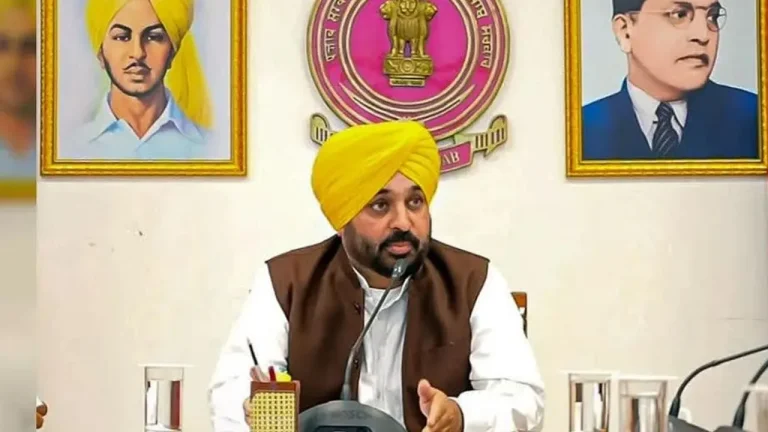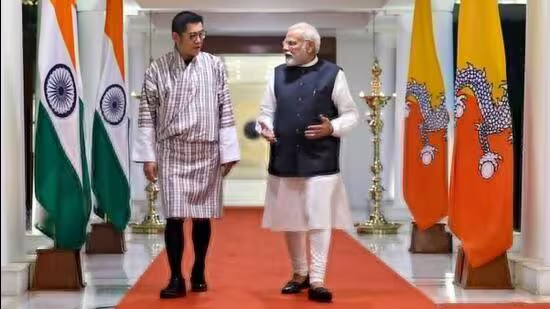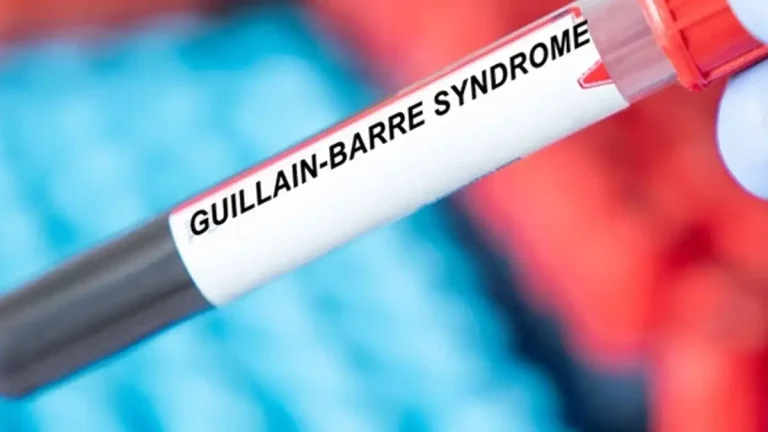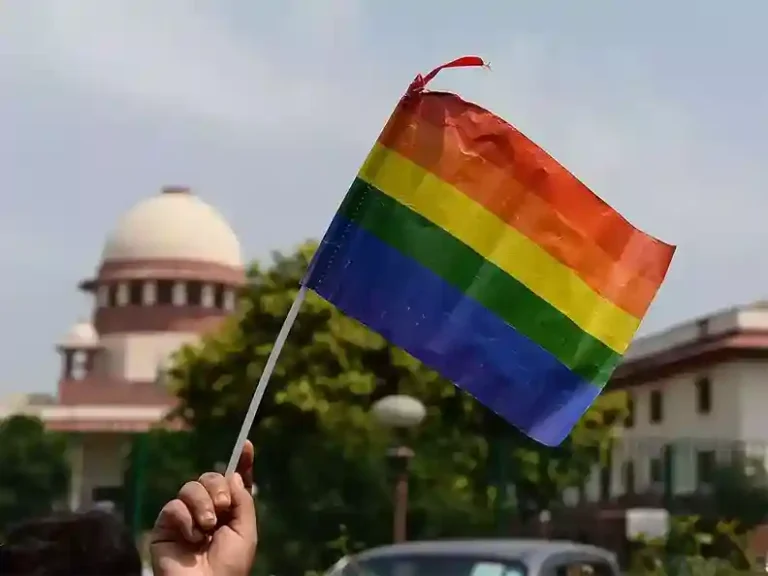New Delhi: The Delhi Assembly election 2025 is underway, with voters casting their ballots for their preferred candidates in a high-stakes contest that is set to shape the future of the national capital. The election is a fierce contest between three major political parties: the Aam Aadmi Party (AAP), the Bharatiya Janata Party (BJP), and the Indian National Congress (INC). With the results scheduled to be announced on February 8, 2025, the election has attracted intense scrutiny as each party strives for dominance.
In the 2020 Delhi Assembly elections, AAP emerged victorious with a landslide, securing 62 out of 70 seats. However, this time around, the political landscape is more competitive, with BJP making significant efforts to reclaim power after its defeat in 2020. Congress, though a distant contender, is trying to regain its footing and regain some relevance in Delhi’s political dynamics.
Voters in the national capital are heading to polling booths with a sense of anticipation, as the election carries implications beyond just the local governance of Delhi. Delhi holds symbolic importance in national politics, with its government and Chief Minister playing a crucial role in shaping discussions on key issues such as governance, public welfare, and law and order. The political narrative leading up to the Delhi Assembly election has been marked by intense campaigning, with each party attempting to win over different voter segments.
For AAP, this election is critical in defending its record of governance over the past five years. Under the leadership of Chief Minister Arvind Kejriwal, AAP has focused on expanding its welfare programs, particularly in education, healthcare, and electricity supply. Kejriwal has campaigned aggressively on these successes, positioning AAP as a party that delivers tangible results for the people of Delhi. However, the party has also faced criticism over its inability to curb pollution levels in the city, which has emerged as a major concern for many voters.
The BJP, which has been the ruling party at the center, has pulled out all stops in its bid to make a comeback in the Delhi Assembly election. The party has launched an aggressive campaign focusing on national security, development, and the need for a change in leadership in Delhi. BJP leaders, including Union Ministers and party heavyweights, have campaigned extensively in the city, promising to restore law and order and improve infrastructure. The BJP’s campaign has also sought to highlight AAP’s alleged failure to deliver on key promises. The party has positioned itself as the alternative for voters seeking a tougher approach to governance.
On the other hand, Congress, which once dominated Delhi politics, is struggling to maintain its relevance in the face of a strong AAP and BJP presence. The party, under the leadership of Delhi Congress chief Anil Kumar, has attempted to present itself as the true representative of the people, distancing itself from both BJP and AAP’s political approaches. Congress has focused on issues like unemployment, inflation, and alleged corruption in the current government, seeking to provide a fresh vision for Delhi’s future. However, the party’s relatively poor performance in recent elections has left it with a significant challenge in gaining ground in this election.
As voting continues in Delhi, there is heightened security in and around polling stations, with authorities ensuring smooth and peaceful conduct of the election. The Election Commission has also deployed a large number of personnel to monitor the voting process and address any irregularities. Social media and digital platforms have been inundated with election-related campaigns, as the parties vie for attention from Delhi’s highly engaged electorate.
The Delhi Assembly election holds significant importance not just for the political parties involved but also for the future trajectory of Delhi’s governance. With competing visions for the city’s growth and development, the election outcome will set the stage for Delhi’s next chapter.
As February 8 approaches, all eyes will be on the election results, with the fate of Delhi’s governance hanging in the balance. Will AAP maintain its grip on power? Can BJP make a comeback, or will Congress surprise with a strong performance? These questions will be answered in the coming days, but for now, Delhi’s voters are deciding their city’s political future.

